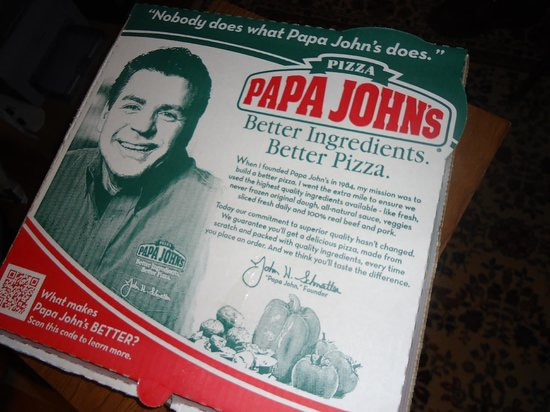
Since founding Papa John’s in the back of his father’s bar in 1984, John Schnatter has built his business into a leading international pizza delivery chain. Its reputation for customer service, quality and value has fueled that growth and distinguished it from competitors like Domino’s and Pizza Hut.
Papa John’s has deftly built and maintained that reputation, but recently there have been challenges. The first challenge occurred earlier this year, when a racial slur on a receipt at Harlem Papa John’s went viral. Papa John’s quickly stepped in to protect its image. Just a day after the offensive receipt appeared online, the chain took to Twitter and Facebook to apologize and announce that the employee responsible had been fired.
Politics and Pizza
The pizza chain has been less successful in its response to the more complex controversy surrounding Schnatter’s own comments about the Affordable Care Act. Discussing his view of the health care law over the summer and after the presidential election, Schnatter drew extensive media coverage and triggered both positive and negative reactions on social media. He attempted to clarify what he had said in a Huffington Post blog post, but his explanation doesn’t appear to have succeeded in swaying public perception or distancing the Papa John’s brand from such a heated political issue. A recent YouGov BrandIndex report found that the controversy has negatively impacted the chain’s reputation. Chicago journalist Edward McClelland may have said it best: “Everyone eats pizza. And when you’re trying to sell a product to everyone, it’s not smart to alienate the 51 percent who voted for a winning presidential candidate.”
Papa John’s doesn’t need to look further than its own recent successes for a strategy that might help repair its reputation. In 2008, after drawing ire and boycott threats from Cleveland Cavaliers fans for t-shirts that insulted NBA star LeBron James, Papa John’s made up for it by selling pizzas to Cleveland residents for just 23 cents and donating to the Cavaliers Youth Fund. That approach earned the chain one of PRSA’s Silver Anvil Awards for Crisis Communications. Americans may clash when it comes to sports teams and politics, but, to borrow from the quote above, everyone eats pizza.









